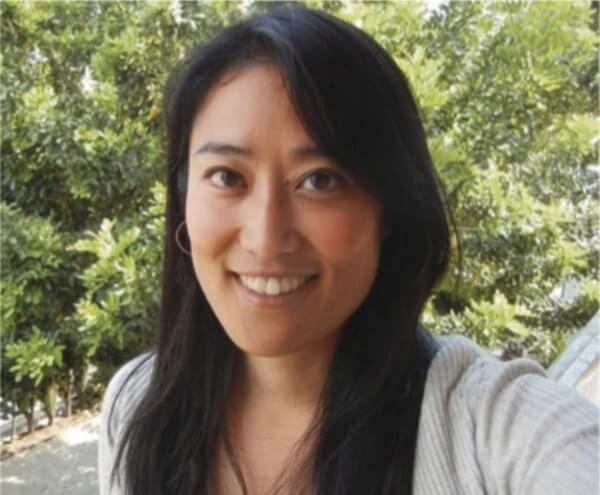By Naeisha Rose
U.S. Sen Bernie Sanders (I-Vt.) may not have had the chance to become the president of the United States and help American public colleges across the country become tuition-free. But on April 10, with Sanders’ help, Gov. Andrew Cuomo was able to make that a reality for students attending CUNY and SUNY schools.
Nevertheless, Cuomo was not able to broker a deal on providing safeguards under the Dream Act to allow undocumented students to receive tuition assistance for school in New York.
Some students and educators have concerns about Cuomo’s plan. Queens College sociology professor Amy Hsin is one of them.
Hsin takes issue with how this will affect undocumented students at Queens College. On campus, Hsin has students that are undocumented and some of them are a part of the activist group called CUNY Dreamers.
Although their parents brought them to the United States illegally, Dreamers are allowed to get degrees at CUNY schools. But without proof of their status as Americans, like state IDs, they are not able to receive grants and scholarships that are tied to proof of citizenship, according to students that have applied to them. “I’m glad that CUNY decided to do a tuition-free program, but it’s sad that it won’t apply to Dreamers in New York state,” said Dulce Hernandez, 21, a senior. “We are at poverty level. We have to save up and work. It’s stressing.”
Hernandez believes that by denying Dreamers a chance to be a part of the program, they will not be able to become fully integrated into college life and remain dedicated to their studies like other students.
Hernandez was devastated that new Dreamers will end up like her and not be able to afford to go on to study abroad or be a part of an internship outside of school.
“It would have given us more opportunities to explore ourselves,” Hernandez said. “If I was a part of the program, it would be nice to travel. Spending 20 years in one country and not going out and recognizing the world, it’s sad. I know my parents struggle to put food on the table.”
As a result of President Donald Trump’s stance on immigrants, many Dreamers are afraid to seek help elsewhere.
“People that receive welfare that are undocumented and have kids that are citizens, they are not reaching out for help anymore because they are afraid that immigration status will fall into the hands of ICE,” said Muller, who was brought to this country when she was 15 months old.
Some of the help these students would receive is the Tuition Assistance Program, a grant for New York State residents, and the Federal Pell Grant, offered throughout the country. Both help students of meager means, according to the Higher Education Services Corporation website, which provides scholarship information.
To get SEEK, seniors in high school with “outstanding records” in terms of grades and community service receive financial assistance to different CUNY schools. They also get to apply to colleges early, receive mentorship while in university and get trained for highly coveted jobs before graduating.
“When I graduated high school, I got offered SEEK at John Jay, and I wasn’t able to take it because of my undocumented status,” Muller said. “My brother, however, does have SEEK for City College, and so I see the difference. I’m happy for him, but it hurts because I’m not different from him.”
While she couldn’t carry the course load necessary to work in education and teach Urban Studies, Muller plans on helping individuals facing the same set of circumstances.
“I’m thinking about working at a non-profit that helps undocumented people who are trying to figure out their lives,” Muller said.
Hsin hopes that one day that the issues for Dreamers gets addressed.
“We failed to pass the Dream Act in the federal and the state [Legislatures], so these undocumented students continue to struggle because they cannot access financial aid,” Hsin said. “About 3 percent of our students are undocumented.
“They are some of the brightest, and they have to already overcome huge barriers.”
Reach reporter Naeisha Rose by e-mail at nrose
































